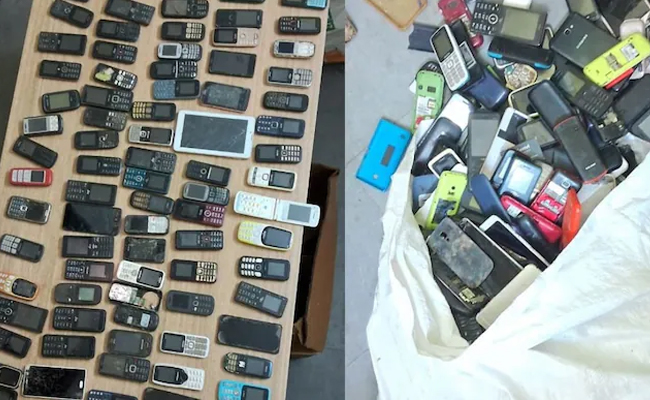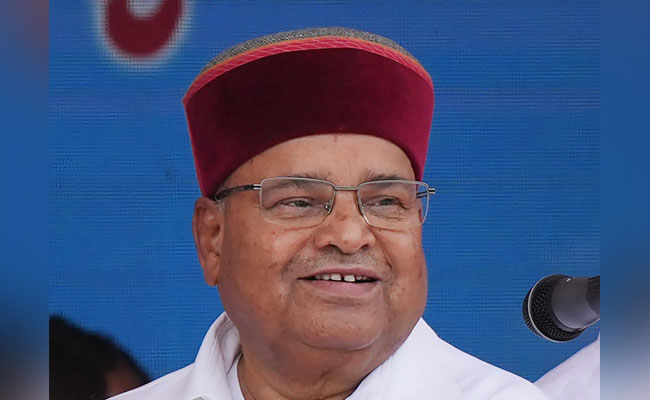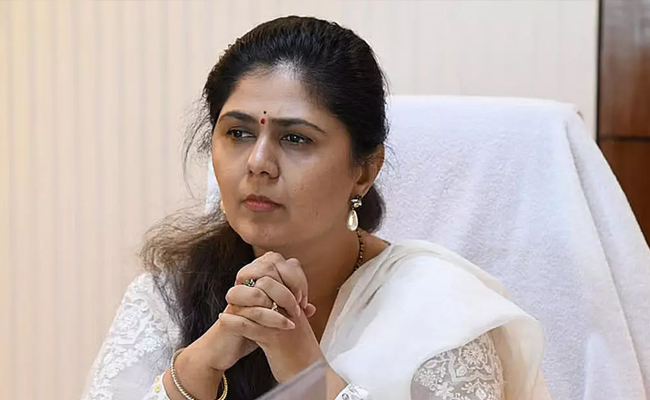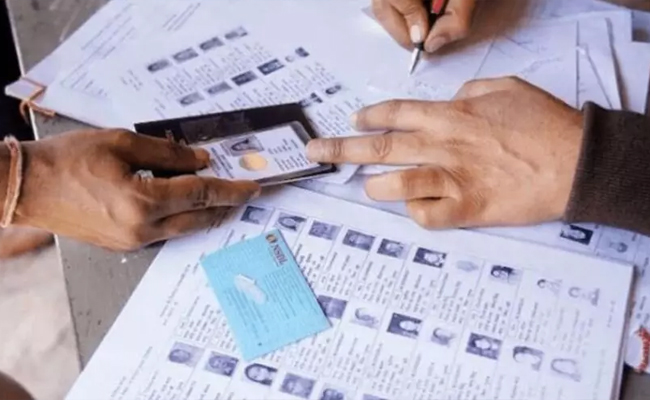Popular YouTuber and influential social media figure, Dhruv Rathee, has extended his digital footprint by launching his YouTube channel in five prominent Indian regional languages. Widely recognized for his informative videos covering a spectrum of social, political, and environmental subjects in Hindi, Dhruv's latest endeavor aims to cater to a broader audience base across the country.
The newly inaugurated YouTube channels, introduced on Thursday, April 18, will feature dubbed versions of Dhruv's Hindi videos in Tamil, Telugu, Bengali, Kannada, and Marathi. Among the initial offerings on these channels is the translated rendition of his recent viral video titled, “Is India becoming a dictatorship?”
Originally released in February, the aforementioned video garnered substantial attention, amassing over 24 million views. It delved into contentious topics such as the Chandigarh mayoral election, the ongoing farmers' protest, and voiced apprehensions regarding the trajectory of India's democracy. Drawing comparisons to regimes like North Korea, the video also scrutinized the functioning of India's Election Commission, raising concerns about the state of democracy under Prime Minister Narendra Modi's leadership.
However, the video's critical stance attracted criticism from supporters of the ruling Bharatiya Janata Party (BJP), with some dismissing Dhruv's perspective due to his residence in Germany. In response, Dhruv addressed BJP supporters, urging them to approach the video with an open mind. He emphasized that personal attacks on him were merely distractions, urging viewers to focus on the underlying issues at hand. “The real issue is something very serious if you truly care about the nation. Wake up!” he asserted.
Launching in 5 Indian Languages today!
— Dhruv Rathee (@dhruv_rathee) April 18, 2024
Share with your friends from these states! The most important video is already live on these channels.
Tamil-https://t.co/iIAY46UONr
Telugu- https://t.co/uHUFmMWOY2
Bengali-https://t.co/Ps41JJ8VuC
Kannada-https://t.co/UTgIvoU8bf… pic.twitter.com/vuKfLctR8h
Let the Truth be known. If you read VB and like VB, please be a VB Supporter and Help us deliver the Truth to one and all.
New Delhi (PTI): Delhi Police has recovered 1,850 stolen and lost mobile phones worth around Rs 4 crore in past 40 days under "Mission Reconnect", an initiative aimed at returning phones to their rightful owners in outernorth Delhi, an official said on Saturday.
The recovered phones were traced from different parts of the country, including remote areas, through technical surveillance and sustained field operations, police said, adding that the devices were handed over to their owners during a programme at the Sports Ground, New Police Lines, Kingsway Camp.
The initiative focused on a victim-centric approach and aimed at strengthening public trust through proactive policing and coordinated efforts across states, Deputy Commissioner of Police (Outernorth) Hareshwar Swami said.
As part of the programme, teams performed 'nukkad nataks' and screened awareness videos on cybercrime, drug abuse prevention, and senior citizen safety, sensitising the public about digital frauds and safety measures, officials said.
The initiative combines technology, investigation and community participation to ensure recovery of lost property and reconnect citizens with their valuables, they added.





